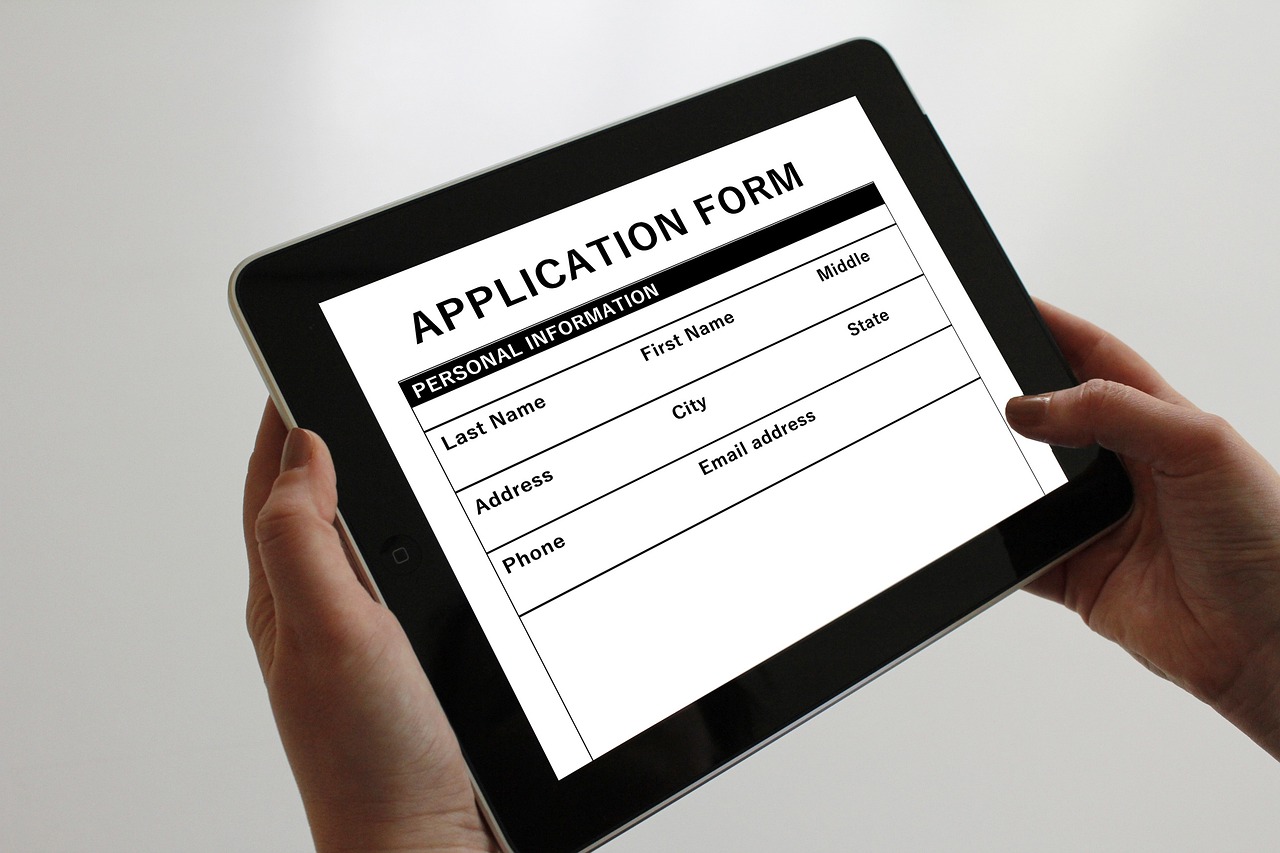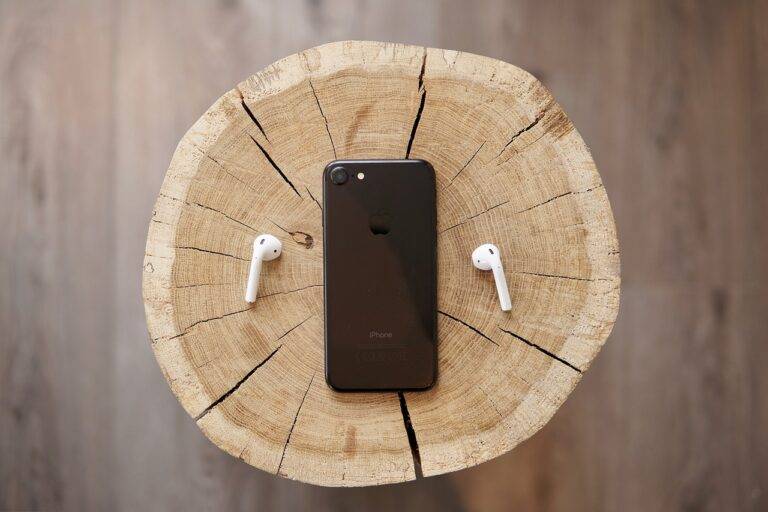Tech Solutions for Elderly Care: Assistive Devices and Monitoring Systems
Assistive devices have revolutionized the way individuals with disabilities or limited mobility navigate their daily lives. These tools range from simple gadgets like reachers and grab bars to more advanced technologies such as prosthetic limbs and electric wheelchairs. By providing support and enhancing independence, assistive devices play a vital role in improving the quality of life for many people.
Moreover, the continuous advancements in assistive technology have paved the way for more personalized and tailored solutions. Customized devices are now increasingly accessible, allowing individuals to meet their specific needs and preferences. From voice-activated assistant devices to smart glasses with augmented reality capabilities, the possibilities for enhancing daily living activities are expanding rapidly.
Remote Monitoring Systems for Health
Remote monitoring systems in healthcare have revolutionized the way patients manage their health conditions. These innovative technologies allow for real-time tracking of vital signs and symptoms, providing healthcare providers with valuable data without the need for in-person visits. Patients can conveniently monitor their health status from the comfort of their own homes, leading to improved compliance with treatment plans.
By using remote monitoring systems, healthcare providers can proactively intervene and adjust treatment regimens based on the data collected. This proactive approach can help prevent health complications and reduce hospital readmissions. Furthermore, remote monitoring systems enable early detection of health issues, promoting timely interventions and better outcomes for patients.
Smart Home Technology for Elderly Care
Smart home technology is rapidly transforming the landscape of elderly care, offering innovative solutions to enhance the safety and comfort of seniors living independently. These advanced systems can remotely monitor vital signs, detect falls, and even provide medication reminders, empowering older adults to maintain their independence while staying connected to their healthcare providers.
One of the key benefits of smart home technology for elderly care is the ability to customize settings to meet the specific needs of each individual. By integrating sensors, voice recognition, and artificial intelligence, these systems can adapt to the daily routines and preferences of seniors, creating a personalized and supportive environment that promotes well-being and peace of mind.





